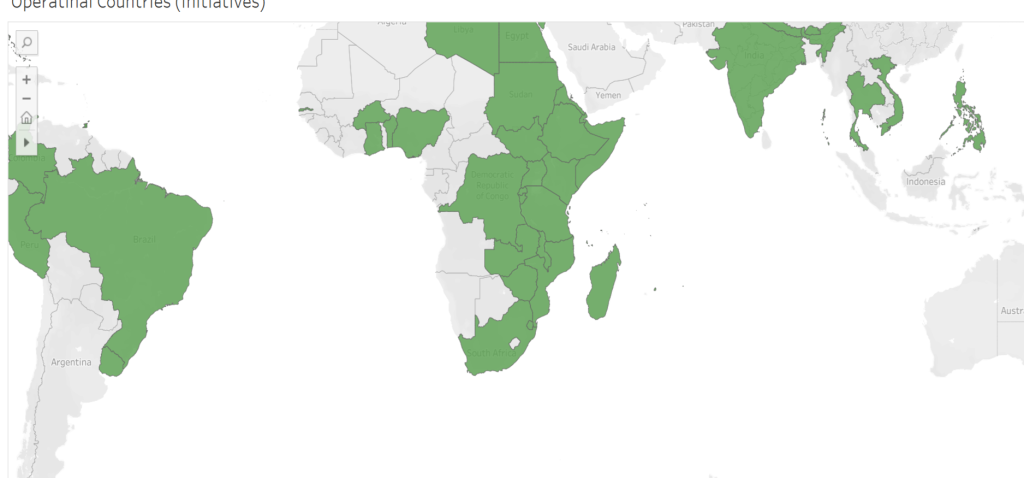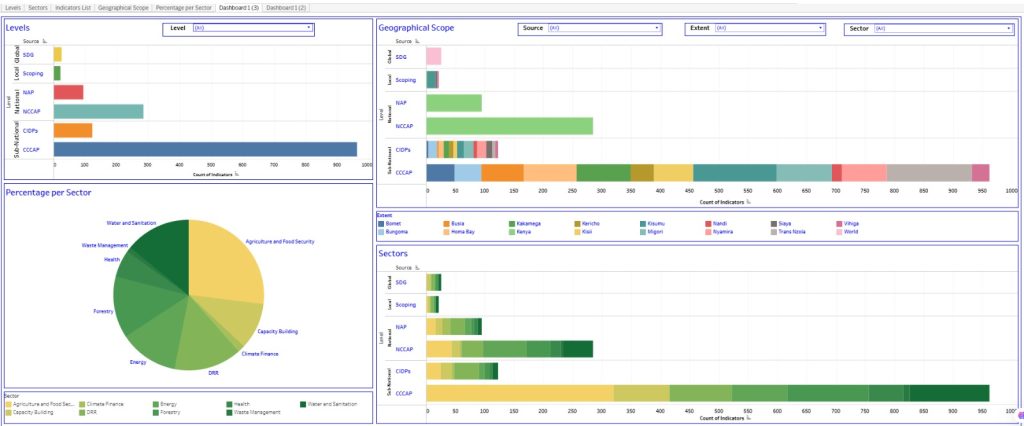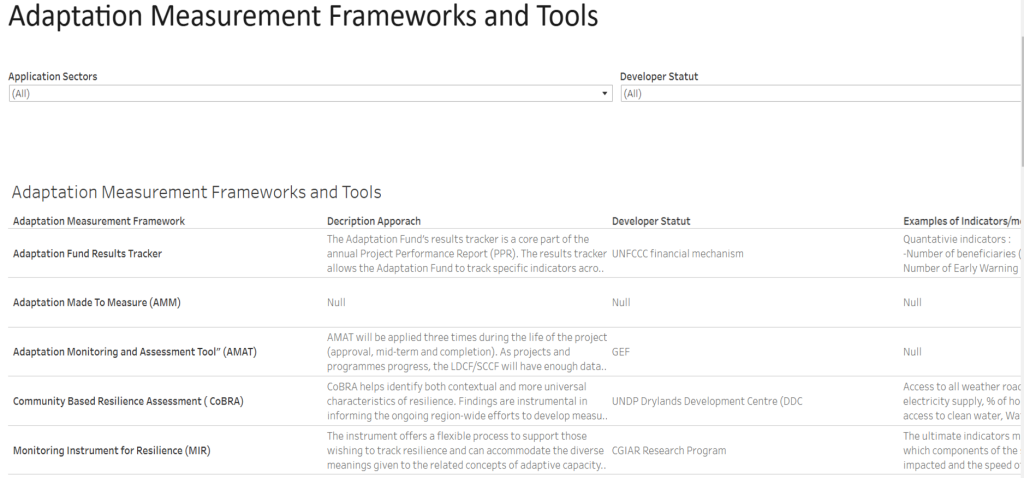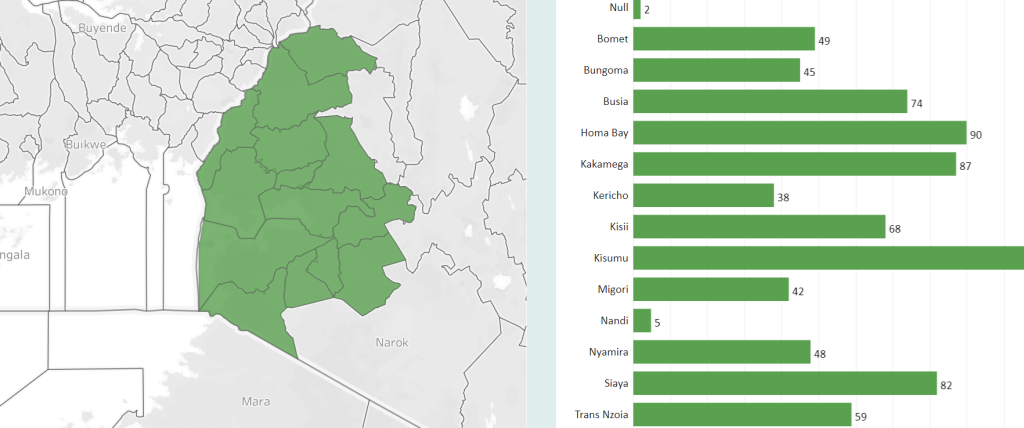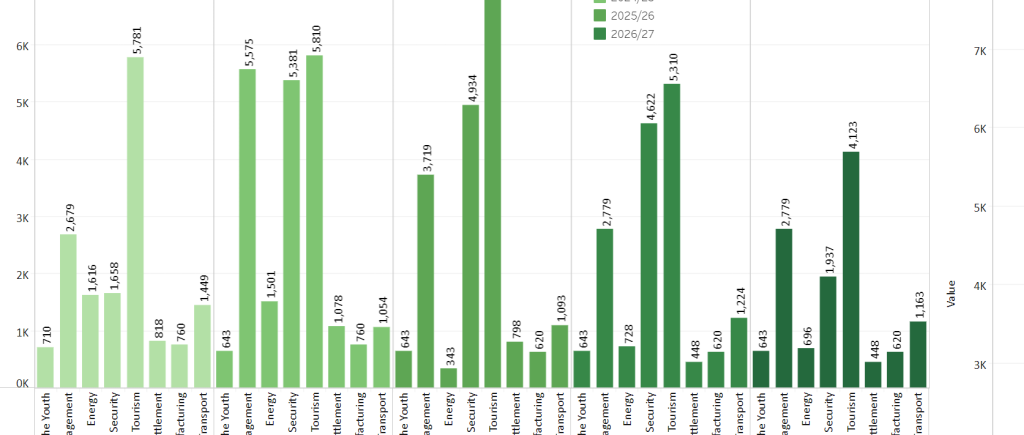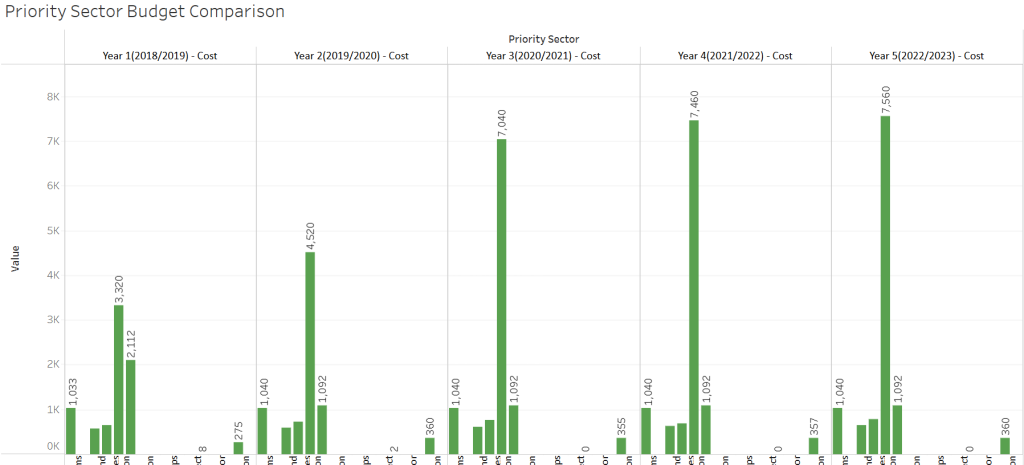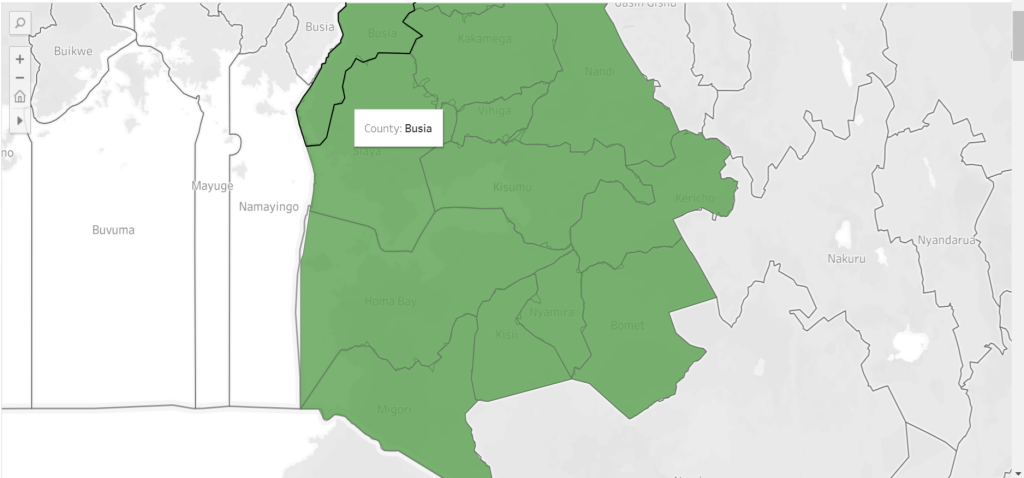Components of LAMA Dashboard
LAMA’s focus on co-producing metrics for planning, financing, implementation and measurement of locally led adaptation with vulnerable groups including the small-scale farmers ensuring adaptation strategies directly address their needs.The LAMA dashboard is designed to facilitate easy access, tracking of progress and interaction of data and information, measurement and reporting on locally led adaptation and associated metrics/indicators. The dashboard is designed to facilitate interaction between data on metrics and relevant stakeholders and inform investment by governments, businesses, and financial institutions to identify and steer investments on LLA in Africa. Information gathered during the LAMA project will also inform best practices for locally led adaptation and strengthen the foundation for regional monitoring and evaluation. The platform will support learnings across adaptation projects in Africa and build key lessons to inform policy. In addition, the dashboard focuses on local data and community perspectives, addressing the data gap at the local level and prioritizing the perspectives of vulnerable groups.The data and information on priority metrics presented in the dashboard are vital for informing and refining global metrics for the Global Goal on Adaptation because they reflect the realities at the grassroot levels. The LAMA dashboard is interactive and potentially influence policymakers and funders to leverage policy options and global climate funding to priority LLAs.
LAMA has 5 components which includes:
d) Stakeholder Engagement Platform
A comprehensive stakeholder database will be maintained, including individuals and organizations involved in adaptation at both project and policy levels. These stakeholders will form the LAMA Engagement Group, convening regularly to share insights on adaptation measurement. The expert group will synthesize these findings into knowledge products and advisories.
e) Metrics Expert Group
Composed of ten experts from diverse backgrounds (including the African Group of Negotiators, research, private sector, government, and local communities), this group will consolidate best practices and indicators. The expert group will also play a crucial role in linking local metrics to national and international frameworks, supporting the African Group of Negotiators’ contributions to the Global Goal on Adaptation, and informing IPCC assessments.
